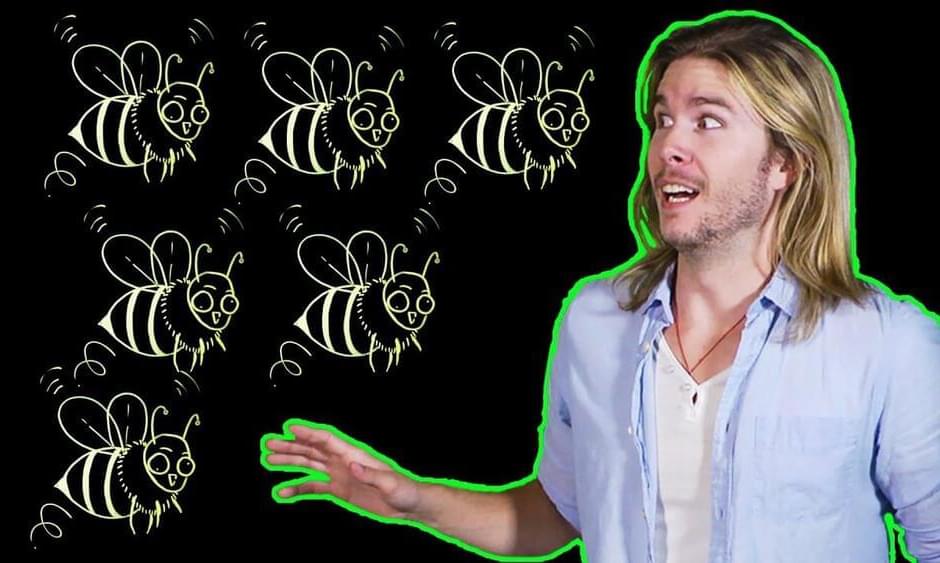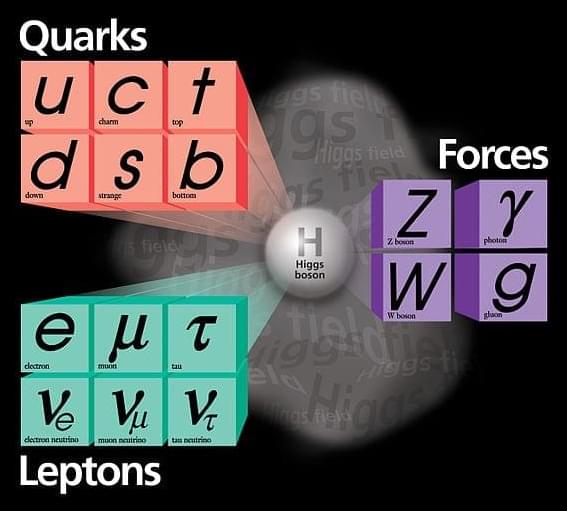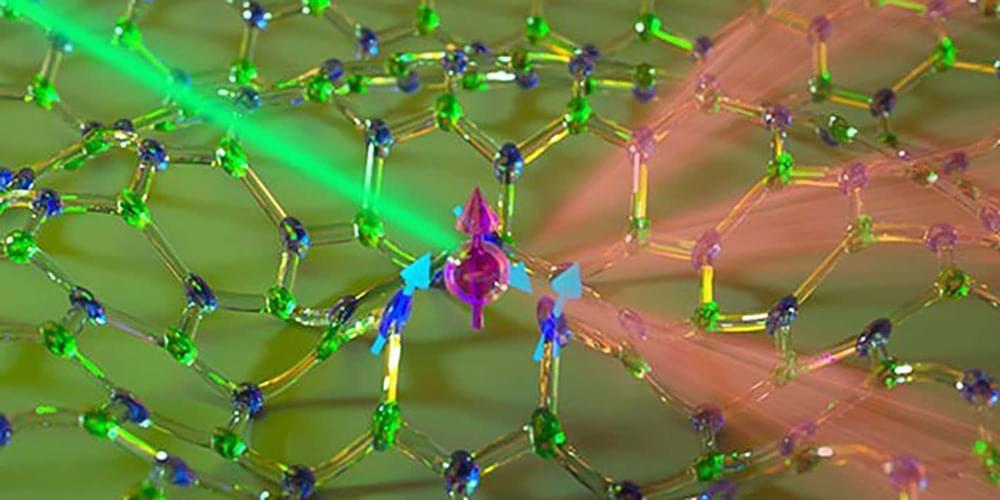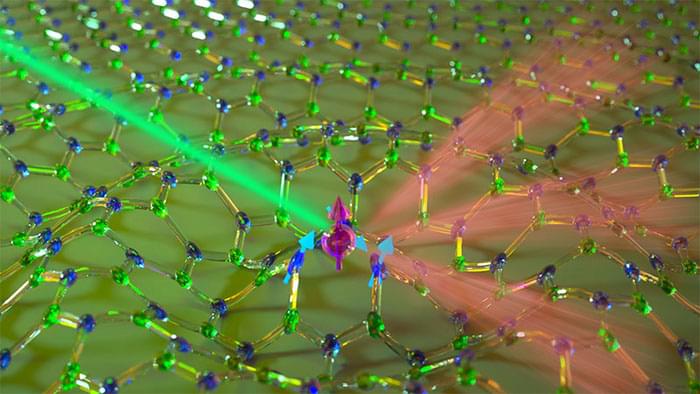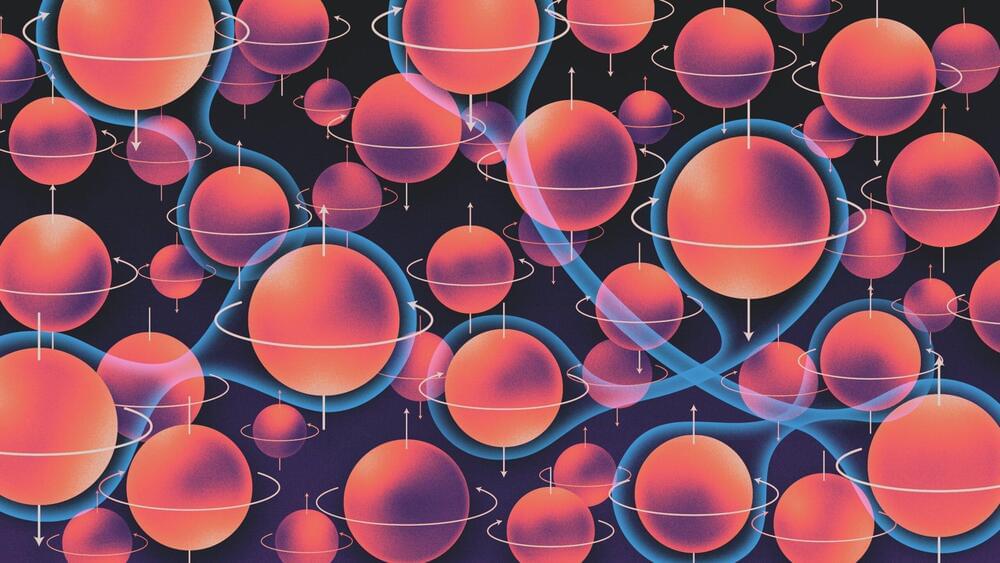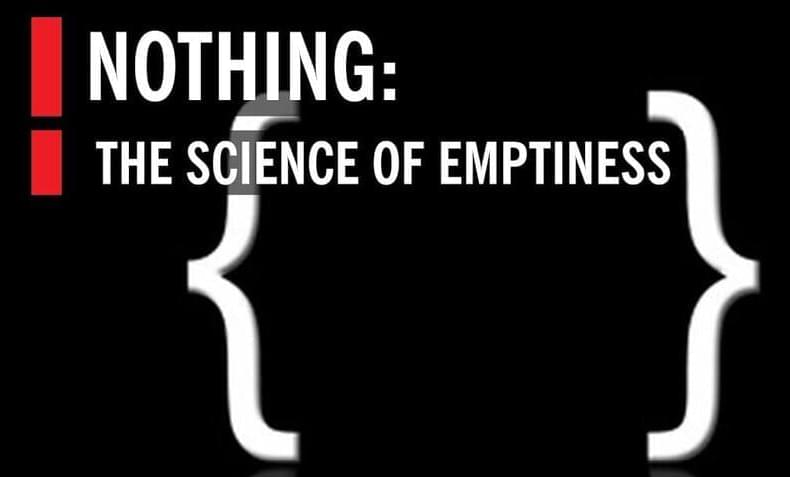Aug 24, 2022
The Hive Mind in the Real World (Because Science w/ Kyle Hill)
Posted by Dan Breeden in category: science
SURPRISE BECAUSE SCIENCE CHANNEL! Subscribe now and click the shiny notifications bell so you don’t miss out on all things science and pop culture.
http://bit.ly/BecSciSub.
Subscribe for more Because Science: http://nerdi.st/subscribe.
Watch the last episode: http://nerdi.st/1KBPBhK
With the release of Nerdist Presents: The Hive, we have to wonder are there any NON-evil Hive minds in real life?? Kyle explores real life collective intelligence on this week’s Because Science!
Continue reading “The Hive Mind in the Real World (Because Science w/ Kyle Hill)” »
